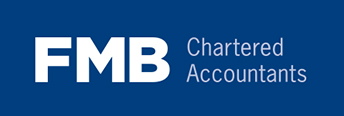The incoming government intends to cut the VAT rate to 9% for food-based hospitality, entertainment and hairdressing in the next budget.
It is also understood the new programme for government will contain a commitment to continue work on enacting the Occupied Territories Bill.
The move follows commitments in the document, which will be published later today.
The document talks in broad terms about reducing VAT for businesses.
However, what has been described as a significant conversation has taken place in recent hours between Fianna Fáil and Fine Gael on the issue.
Agreement has now been reached to return parts of the hospitality sector to the lower 9% VAT rate as part of the budget process.
This will be overseen by the new Minister for Finance which is expected to be Paschal Donohoe.
Government sources said the announcement will give certainty to the hospitality sector.
Department of Finance data published last year stated that cutting the VAT rate to 9% for the entire hospitality sector would cost €764 million annually.
This would fall to €545m if it only applied to food and catering services.
The current VAT rate for the hospitality sector is 13.5%.
Adrian Cummins, Chief Executive of the Restaurants Association of Ireland said that it was a bright day for the future of Irish hospitality.
“The reported reinstatement of the 9% VAT rate for the food-led hospitality sector from the next Budget is greatly welcome,” he said.
“This marks a significant victory for small, independent restaurants, pubs, cafés and other hospitality businesses which, in total, employ 270,000 nationwide.
“Of course, my thoughts are also with those business owners that were forced to make the heartbreaking decision to close due to rising, uncontrollable costs in recent times.”
Mr Cummins, who is running for Seanad election said that it is critical that the incoming government take “every step” to prevent further closures of small and medium enterprises.
Article Source – New govt plans to cut VAT rate to 9% for parts of hospitality sector – RTE






